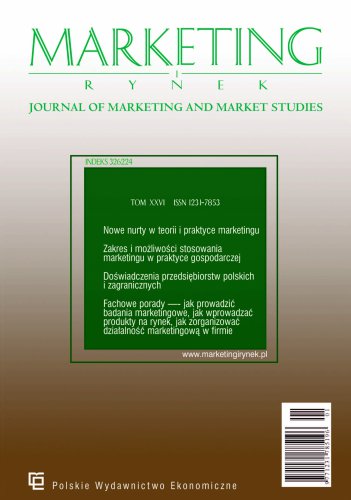The objective of the article is to evaluate the entrepreneurship development of Poland and to compare its performance against neighbouring countries in the same region. Entrepreneurial ecosystem of Poland was described using data from European statistics, Global Competitiveness, Doing Business, Global Entrepreneurship Monitor, and Global Entrepreneurship Index. Moreover, the results were compared to the neighbouring countries in the same region in order to determine strengths and weaknesses of Polish entrepreneurial system and possibilities of enhancing the state position. This paper identifies the vulnerable aspects of Poland's entrepreneurship performance through a wide spectrum of sources that finally help to combine many variables in a single model. Prepared analysis helps to detect which entrepreneurial components should be addressed.
Poland's entrepreneurial performance is relatively sufficient compared to some countries in the same region. Poland's entrepreneurial profile strengths are the imperceptible disproportion between women and men in entrepreneurship, with main weakness being lowering TEA (total early entrepreneurial activity) indicators in total and that TEA-type activities are rarely carried out by people aged 55–64 and 18–24. Poland should focus on intensifying activities towards streamlining of the administration serving entrepreneurs, procedural requirements and application execution time, promotion of entrepreneurship and entrepreneurship education and on long-term building of entrepreneurial attitudes, aspirations and skills.The main limitation of the research is that the analysis uses only international reports and statistics, without considering national studies and other partial studies.
Keywords: Poland; entrepreneurship; entrepreneurship profile

